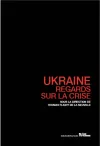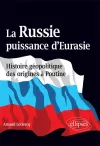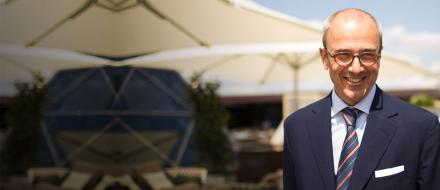Majority of Middle East family businesses have a wealth succession plan in place
However, not all family businesses have a full estate plan in place, survey says
About 87 per cent of high-net-worth (HNW) investors in the Middle East believe their family businesses are set up for an efficient wealth transfer to the next generation — but only 24 per cent actually have a full estate plan in place, according to a survey by Geneva's oldest private bank, Lombard Odier.
While HNW investors understand the importance of succession plans, there is less certainty about whether wealthy families have fully put them in place to meet the needs of their complex family structures, the survey, which polled 300 HNW investors and business owners from the UAE, Saudi Arabia, Kuwait and Oman, found.
“There is a certain gap between the patriarch of the family owning the business [and] thinking that everything is structured,” Arnaud Leclercq, partner holding privé and head of new markets at Lombard Odier, told The National on Thursday.
“The legal structure of the company is, indeed, properly structured but … how is it going to work? What heirs are going to be involved in the business or active shareholders? There is a serious discrepancy across the GCC in this.”
Family businesses dominate the GCC region, contributing about 60 per cent of gross domestic product to their respective economies and employing more than 80 per cent of its labour force, according to a March 2021 blog by Washington-based think tank the Atlantic Council.
In the UAE and Saudi Arabia, the Arab world's two largest economies, family businesses account for about 90 per cent of private companies, it said.
“As key economic actors, family firms have a direct and important impact on the economy and society. They are job creators. They build ecosystems through their supply chains and contribute to their communities through philanthropy,” the Atlantic Council said.
“In many cases, family firms have been instrumental in the founding of the economic structures and pillars of their countries.”
In 2021, the UAE Ministry of Economy said it was considering new policies to help family businesses grow as they form a vital part of the country's continuing transition to a more sustainable economy.
In January, the UAE issued a new family business ownership governance law, further strengthening the sector’s contribution to the economy and enabling the transition to successive generations.
The UAE government is also encouraging more family owned businesses to list shares on the country’s stock exchanges to enable easier succession in companies and provide more liquidity to local bourses.
“Once you list that company, the level of data that goes into the processes makes it easier as well for succession, for inheritances because you are now being listed, you are reporting and auditing, you are in a shareholder structure that makes it much more friendly for succession as well,” Ahmad Al Falasi, Minister of State for Entrepreneurship and SMEs, said on the sidelines of the Top CEO Forum in Dubai in May.
Meanwhile, 67 per cent of respondents to the Lombard Odier survey said a Sharia-compliant succession plan is important to their family businesses.
However, this belief increased with wealth: 79 per cent of those polled with more than $10 million in assets say Sharia principles are important to them, compared with 61 per cent with a net worth of $1m to $3m.
About 66 per cent of older HNWI business owners say they have a formal and rigid system of governance in place, compared with 50 per cent of younger respondents, according to the survey.
Younger HNWIs also show a greater degree of openness to change, with 45 per cent saying they have a formal and flexible system of governance, which has evolved over time to reflect their family's values compared with 28 per cent of older respondents.
Ninety per cent of HNWIs polled also hold their wealth in the Middle East and expect to do so over the next few years, the survey said.
However, almost a 25 per cent of respondents are rethinking the geographical set-up of their family businesses to hedge against the uncertain global economic outlook, which is being fuelled by rising inflation and the Russia-Ukraine crisis.
“Because of the crisis that we have today … people want to diversify much more than they have done in the past [such as] their sources of supplies and food is one of them,” Mr Leclercq said.
“So, in this regard, Africa, south Europe, the Balkans and other areas have become the areas where people are thinking of relocating.”





